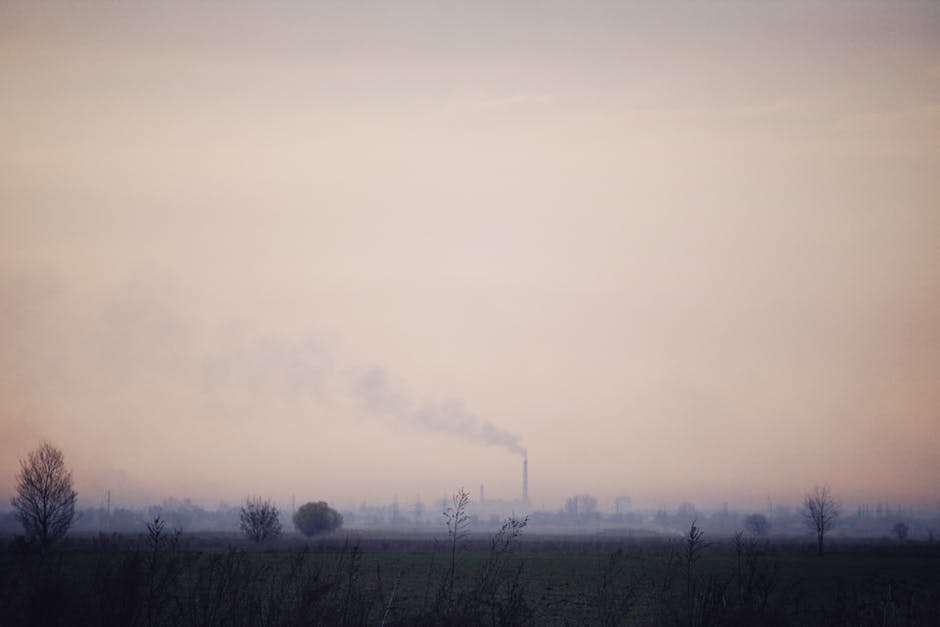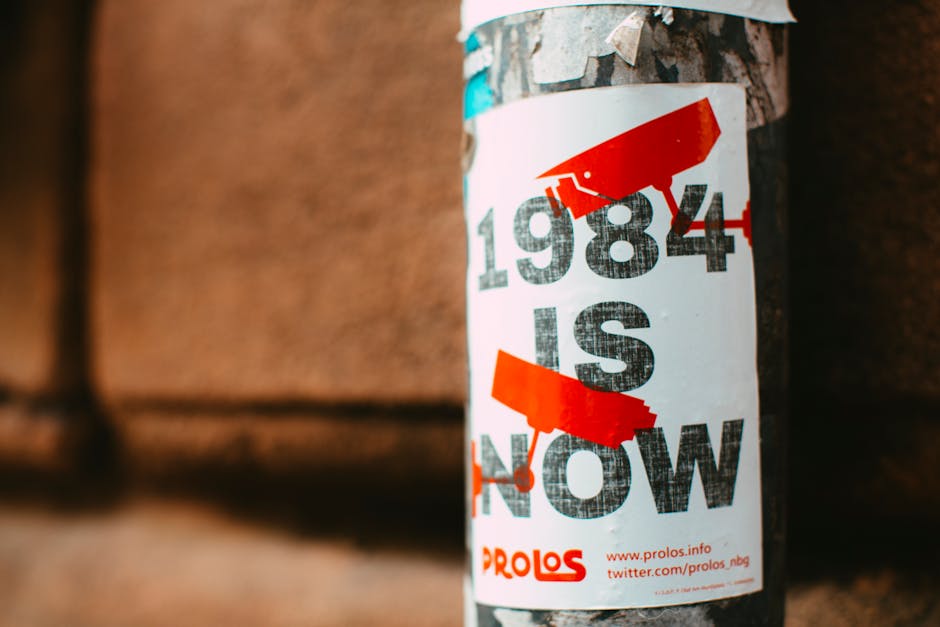Donald Trump has again ignited a complex international issue, claiming at a rally that a “genocide” of white farmers is happening in South Africa. The incendiary term, loaded with historical horror, immediately caught fire across social media. But the reality on the ground is far more nuanced and less apocalyptic than the soundbite suggests.
To understand the situation, we must separate the facts from the fear-mongering.
Debunking the ‘White Genocide’ Narrative
The short, unequivocal answer from major human rights organizations, fact-checkers like Africa Check, and the South African government is no. According to the United Nations, genocide involves acts committed with the “intent to destroy, in whole or in part, a national, ethnical, racial or religious group.” While South Africa struggles with a tragically high rate of violent crime affecting all its citizens, there is no evidence of a state-sanctioned or systematic campaign to eliminate white people.
The “genocide” narrative often centers on “farm murders” (plaasmoorde), which are undeniably horrific crimes. Farmers, often living in remote areas, are vulnerable targets. However, statistics show these attacks are not exclusively aimed at white individuals; black farm owners and workers are also frequent victims. While the murder rate for farmers is high, it is intensely debated whether it is disproportionately higher than South Africa’s national murder rate—one of the highest in the world. Local law enforcement overwhelmingly identifies the motive behind these brutal attacks as criminal, not racial extermination.
The Real Issue: A Contentious Land Reform Debate
So, where does this narrative come from? The fuel for this fire is the deeply emotional and historically charged issue of land reform. Decades after the end of Apartheid—a system that systematically stripped black South Africans of their land—ownership remains starkly unequal. White South Africans, making up less than 8% of the population, still own a vastly disproportionate share of the country’s agricultural land.
The ruling party, the African National Congress (ANC), is under immense pressure to accelerate land reform, leading to the controversial proposal of “expropriation without compensation.” This political lightning rod is what groups like AfriForum, a white Afrikaner rights organization, have used to lobby internationally and fuel the “genocide” narrative.
The ANC’s proposed policy is not about indiscriminately seizing all white-owned farms. It’s a proposed legal amendment to allow the state to acquire specific land for redistribution—particularly unused or state-owned land—without paying market value in certain cases. The debate is fierce within South Africa itself. Critics fear it will cripple the economy, while supporters argue it’s essential for achieving true economic justice.
Why Trump’s Words Are Dangerous
By using the term “genocide,” Donald Trump is not engaging with this complex reality. He is coopting a genuine South African struggle to feed a narrative of white persecution that energizes his political base. His words dangerously oversimplify a nation grappling with the painful ghosts of its past.
The real story in South Africa is not one of genocide, but of a young democracy wrestling with a brutal legacy of inequality. It’s a story of high crime that affects all races and a difficult, necessary conversation about what justice looks like after generations of profound injustice. To misrepresent this struggle is an insult to all South Africans—black and white—who are working to build a more equitable future.




